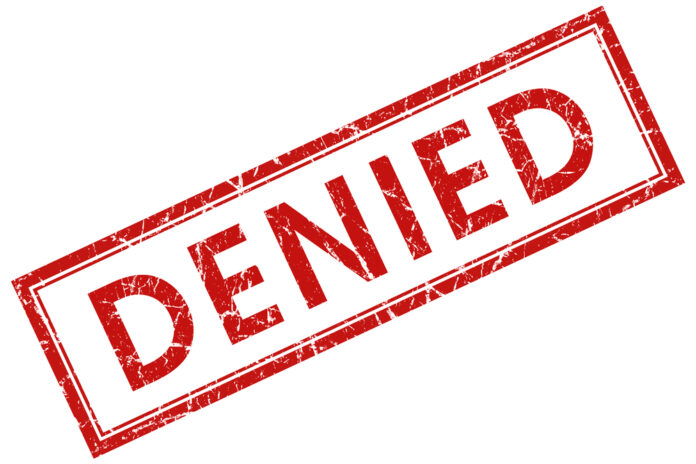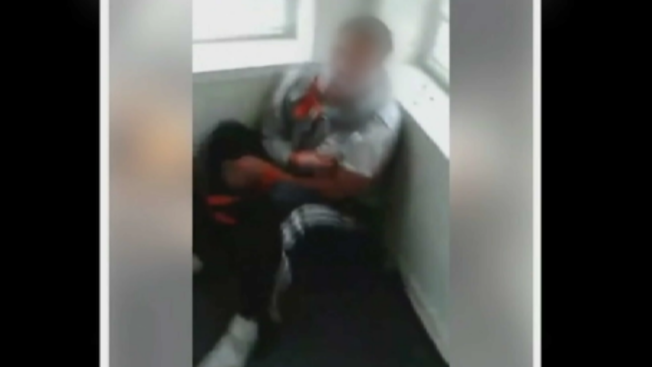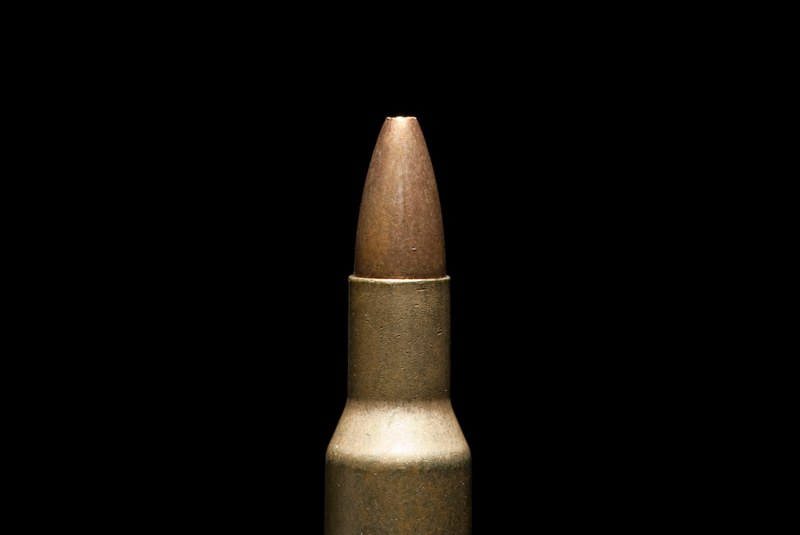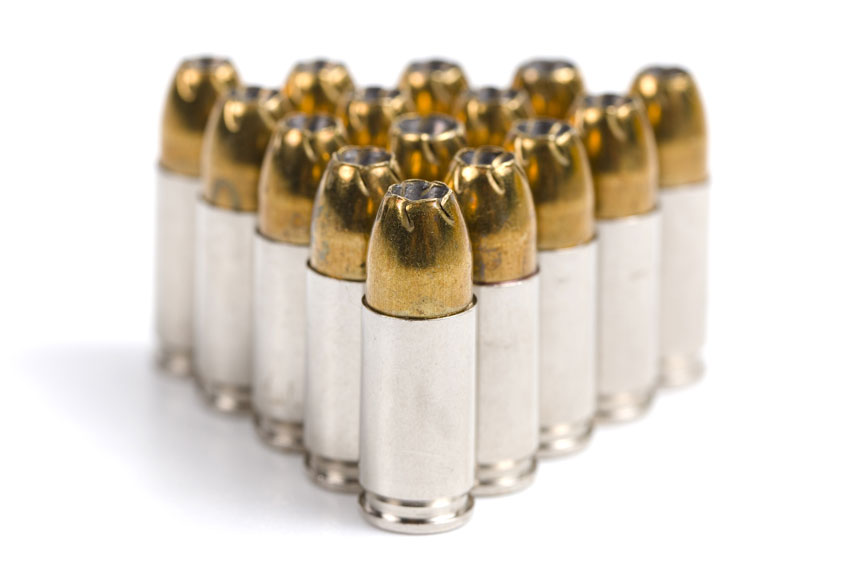If you’ve been a reader of this site for any amount of time, then you know our position on guns, gun rights, and gun control. It’s simple: the Constitution promises to uphold our right to arm ourselves, and, therefore, gun control is illegal and wrong.
But if you’re someone who hasn’t thought deeply about this issue, then you may not have thought about how background checks violate people’s rights. If that is you, then we have a real-world example of how background checks violate the Constitutional rights of average, everyday, law-abiding Americans. Carl Bussjaeger writes,
Pennsylvania, like most states, had a lot of firearm sales in March. The state performed over 300,000 background checks in the first quarter — over 8300 on March 20 alone — which was enough to briefly crash the state’s online system.
The Keystone State also had 4,866 denials during the quarter. No doubt victim disarmers will pat themselves on the back, pleased that thousands of dangerous criminals were prevented from going out and committing “gun violence.” Not so fast.
Only 1,226 of those were referred to law enforcement; 25% of the denials. The other 75% — 3,640 — were not referred. That implies that 3,640 people were improperly denied their Second Amendment rights. If they were actually prohibited persons, they should have been referred to law enforcement. If they weren’t prohibited, the state should not have violated their rights.
Bussjaeger continues,
If Pennsylvanians are going to be saddled with preemptively-prove-your-innocence, presumed guilt background checks on an enumerated right, at least make sure the system works more than a quarter of the time.
Bussjaeger has a more forgiving (or, maybe, more sarcastic) viewpoint on this than I do. My take is that government must prove their justification to deny gun rights to anyone or else that person’s Second Amendment rights have been violated. Period.
There is no excuse for this kind of violation of Constitutional rights, but you can bet that this situation isn’t unique to Pennsylvania.







![Are Compensators Worth It? [Video]](https://preparedgunowners.com/wp-content/uploads/2025/07/Depositphotos_815431992_S-218x150.jpg)























![Optic Ready vs Milled slides? [Video]](https://preparedgunowners.com/wp-content/uploads/2024/02/image-3-100x70.png)
![[Checklist] What Gear You Need To Take Pistol, Rifle & Shotgun Training Courses [Video]](https://preparedgunowners.com/wp-content/uploads/2023/07/Depositphotos_275087632_L-100x70.jpg)
![What is in Carter’s 2023 EDC? [Video]](https://preparedgunowners.com/wp-content/uploads/2023/07/Depositphotos_146856137_L-100x70.jpg)



An even slightly more Cynical view is that for an Un Elected Government Bureaucrat to either Grant or Deny your Rights is illegal and Unconstitutional by every definition , No Freeman shall ever be debarred the use of arms = Thomas Jefferson , Who decides what a Felony is ?? Expanding this to various Misdemeanors , Before Arizona became a State in 1912 a law still on the books today left over from territorial days says , Once released from Territorial Prison You are entitled to a Horse and saddle , A holster and Sidearm , A suit and twenty dollar Gold Piece , Now this law applied to the release of any Prisoner in Prison for any crime , Once released after serving your sentence You are once again a Freeman
Believe this 13-910 ARS that’s Arizona Revised Statute for non Arizona folks. This is the criminal code regarding restoration of gun rights after a felony. It takes two years after any felony to APPLY TO THE COURT to get gun rights back. The decision is up to the discretion of the court.
If the felony is a SERIOUS FELONY a person must wait at least 10 years after full discharge from parole or probation and all restitution, fines, etc must be fulfilled. If the charge is a DANGEROUS FELONY the person is never allow to restore gun rights. Dangerous felonies involve the use of a weapon during the offense.
I was denied a permit for something that happened 40 years ago that I was not convicted of. It happened in Florida and I now live in North Carolina, but I have to hire a lawyer in Florida to expunge my record before I can get a permit.
Not sure I get the point here. This all seems to prove actually prove nothing. If illegal possession of a firearm is required for a felon to apply to purchase or carry one, I am not aware of it. Unless an individual who’s application is denied perjures themselves on the application, I don’t see where the crime is that would necessarily compel an agency to report it. In cases where criminal behavior or possession is demonstrated, the incident would be reported. Denial of an application and then failure to report to police demonstrates nothing. What would be a crime is the reporting by a government agency of an individual to the police who had only been denied their application but not demonstrated criminal behavior by say illegally possessing a firearm
I agree 100%.
I agree. Also requiring a “concealed carry permit” violates the 2nd.
Comments are closed.